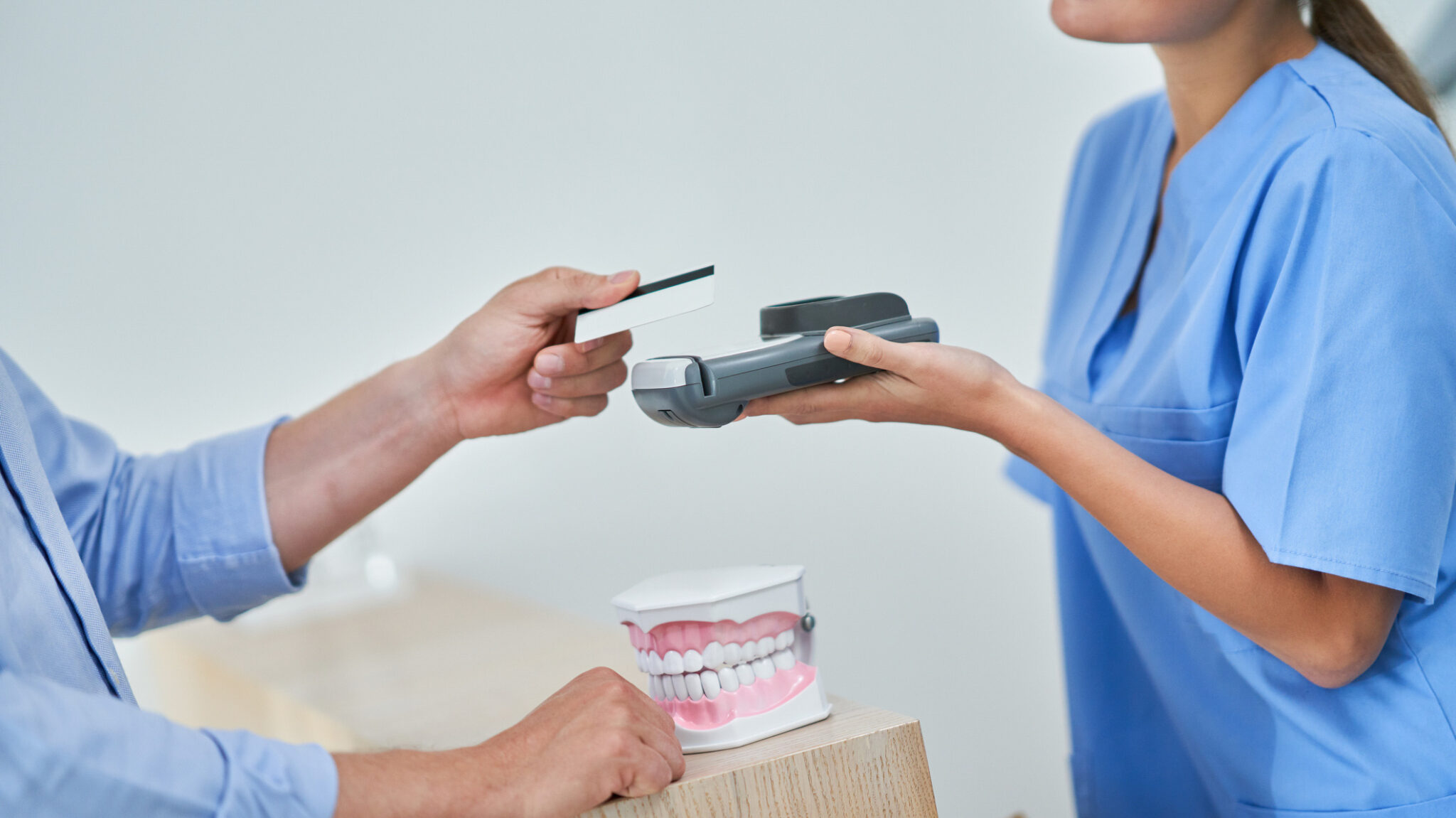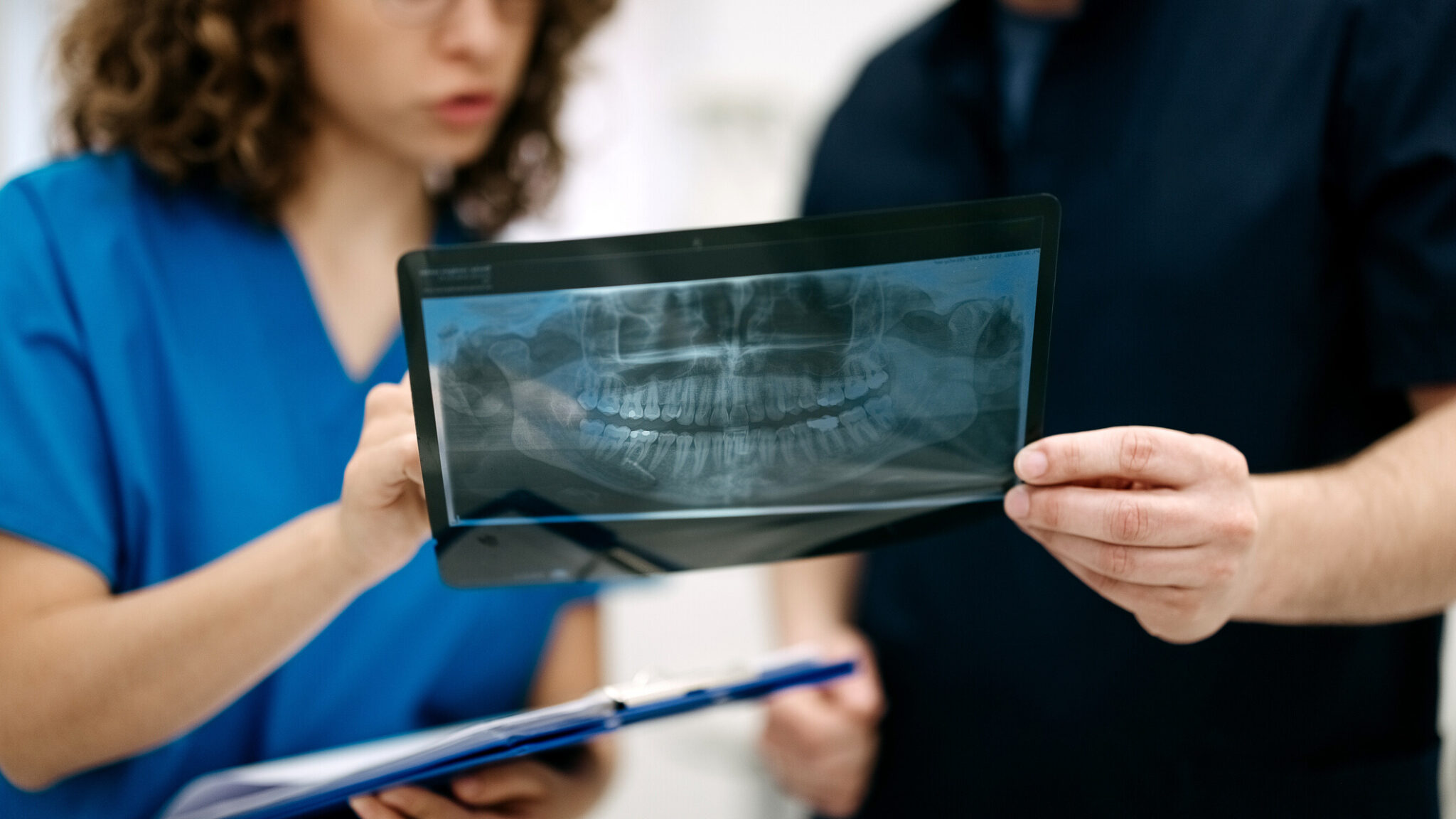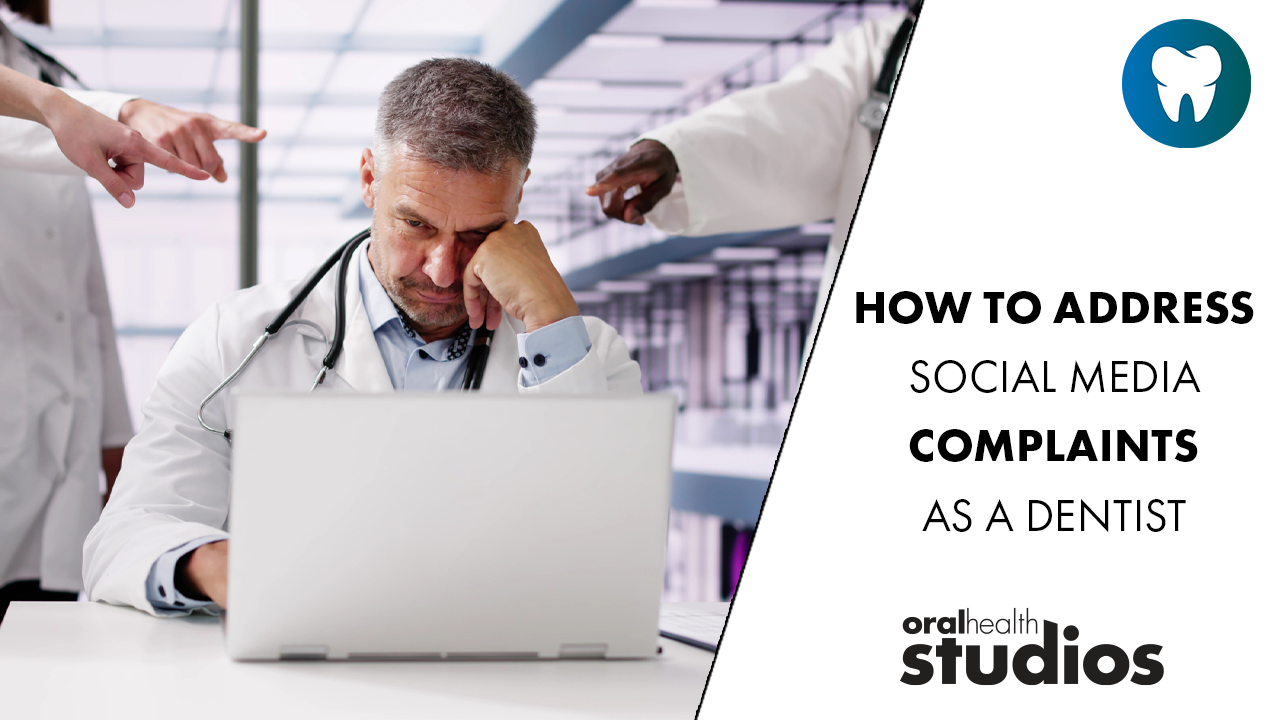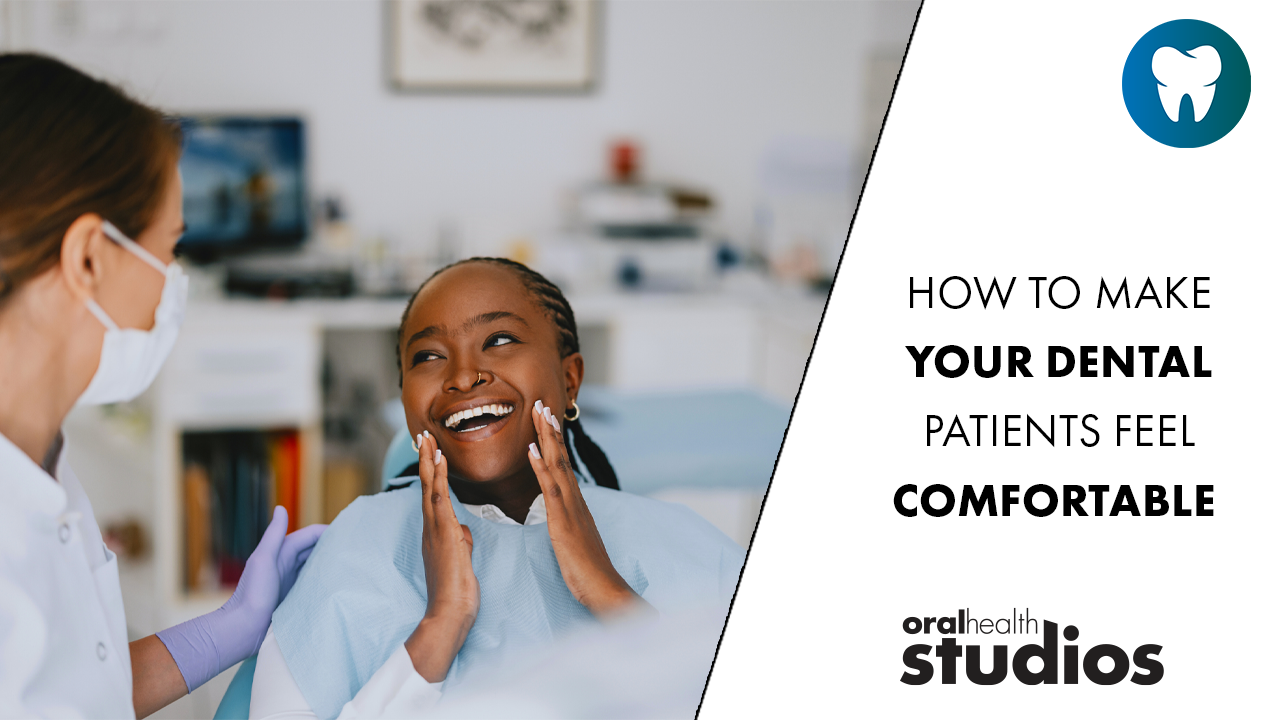
Microplastics have been found in breast milk, infant formula and even in the placentas of unborn babies. Now, a new study shows that patients’ dentures release minimal microplastics (MPs) during daily use and dental procedures.
“Denture resins release small amounts of MPs during daily use, which may accumulate in the oral cavity and other organs over time,” the researchers wrote in a paper published on ScienceDirect. The study will appear in the Journal of Hazardous Materials on Aug. 15, 2025.
Cellular toxicity tests showed that MPs generated during dental procedures can trigger inflammation and oxidative stress. As a result, the researchers recommend that patients “avoid excessive wear of dentures and replace them regularly as recommended to prevent release of MPs and potential accumulation of the materials.”
The study also found that “preliminary evidence” indicates a “significant MP particle” release during grinding procedures, which “should be considered as an occupational health hazard.”
Testing with artificial saliva
To simulate real-world use, the researchers soaked dentures in artificial saliva for seven days. They found the average total particle count in samples from the brushing group, denture cleanser tablet group and control group were 277.13, 208 and 388.47 particles per 1,000 mL, respectively. Beads made up the majority of particles, followed by fragments and a smaller number of fibres.
While the control group had the highest total particle count, it had the lowest proportion of microplastics — just 1.77 per cent, compared to 2.44 per cent in the brushing group and 4.47 per cent in the cleanser group.
The researchers also found that grinding resin-based dental materials generates a substantial number of MP particles in the 20–100 µm size range.
Health risks and research trends
MPs were shown to deposit on surfaces in the clinic, and their presence decreased with greater distance from the grinding source. Toxicity tests revealed that MPs generated during grinding procedures can damage oral keratinocyte cells and induce inflammation in macrophages at clinically relevant concentrations.
Related story: Japanese dentists test drug to help people with missing teeth regrow new ones
Related story: Regrowing teeth? Two Manitoba scientists draw inspiration from tropical fish’s regenerative abilities
The study was funded by the Jiangsu Provincial Commission of Health and the National Natural Science Foundation of China. The authors declared no conflicts of interest.
The findings align with growing global interest in developing dental materials that are less harmful and more biologically compatible. Other research has shown that antioxidants such as anthocyanins—commonly found in fruits, vegetables, nuts and flowers—may help counteract some of the harmful effects of microplastic exposure on the reproductive system.
Dentures may shield against cognitive decline
However, not all the news about dentures is negative. A previous study published in Aging Medicine found that wearing dentures may help protect older adults from cognitive decline.
Researchers from NYU Rory Meyers College of Nursing analyzed nearly 10 years of data from more than 27,000 older adults in China. Those with partial tooth loss who wore dentures had better baseline cognitive function and experienced slower decline than those who didn’t.
Dentures, too, remain essential for people who are edentate, or have no natural teeth. As far back as 2003, Statistics Canada reported that 9 per cent of Canadians aged 15 and older had no natural teeth, and 24 per cent said they wore dentures.












